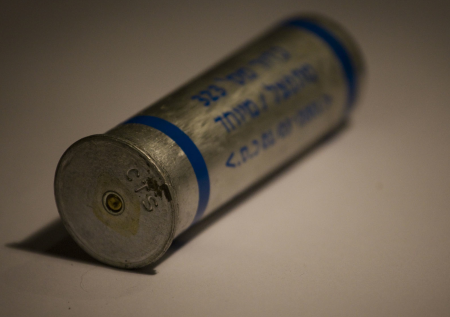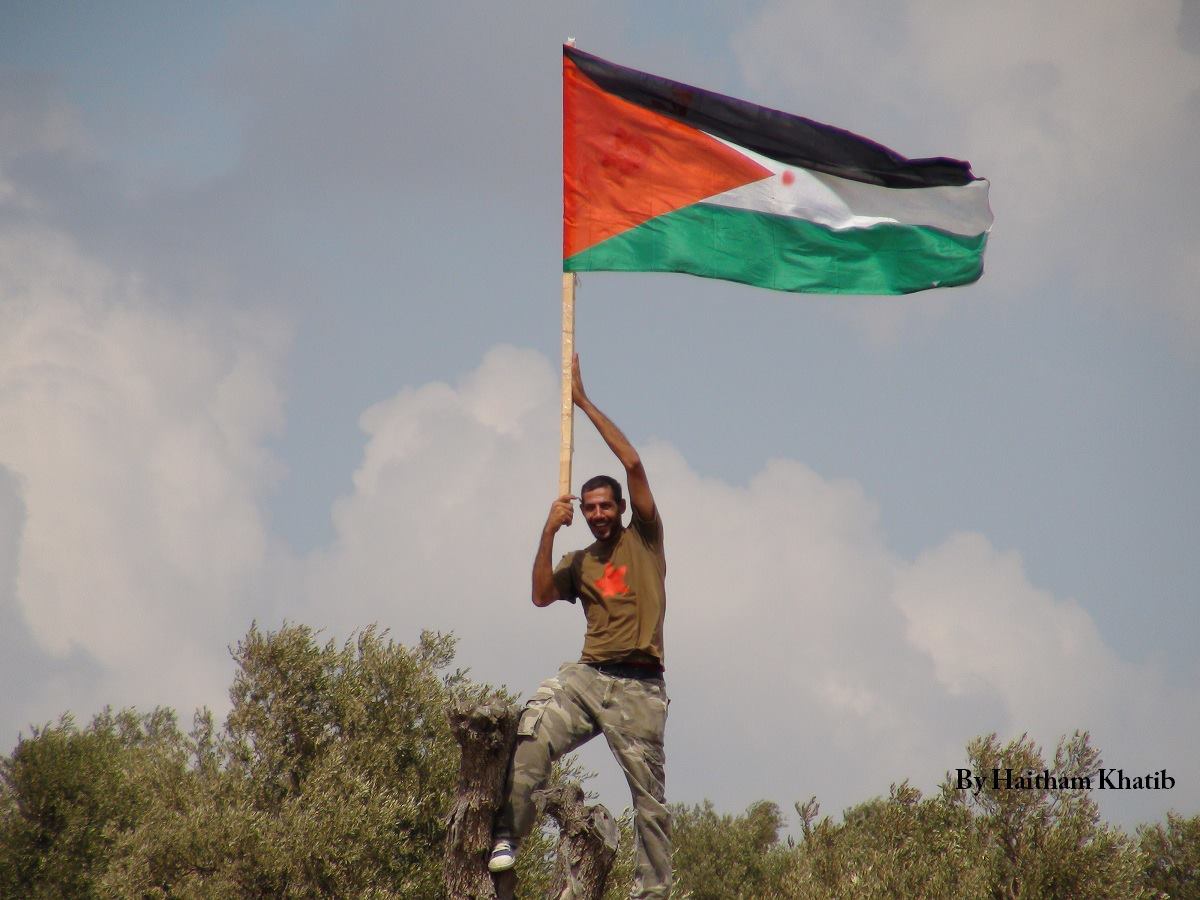Tag: Bassem Abu Rahmah
-
Activists remove section of apartheid wall in solidarity with Palestinian prisoners
17th April 2013 | International Solidarity Movement, Ramallah, Occupied Palestine This Palestinian Prisoners Day, the 17th April 2013, Palestinian and international activists cut down a fenced section of the Israeli apartheid wall in solidarity with Palestinian prisoners held in Israeli occupation jails. A section of around ten metres was torn down near Ofer prison, where…
-
More deaths and injuries from US tear gas in Palestine, around the Middle East, and in Oakland
15 January 2012 | Adalah-NY US-made tear gas, manufactured by companies like Combined Systems Inc. (CSI), Defense Technology, and Nonlethal Technologies, continues to be used by governments including Egypt, Israel, Yemen, Bahrain and the United States to repress popular protest movements for social justice. In response, human rights advocates will protest again on Martin Luther King Jr. Day, January…
-
Ashraf Abu Rahmah, brother of two Bil’in casualties, arrested during protest
22 October 2011 | Popular Struggle Coordination Committee Ashraf Abu Rahma, brother of Bassem and Jawaher Abu Rahma who were killed by the Israeli army in Bil’in is falsely accused of stone-throwing and was sent to Ofer Prison. Ashraf himself was shot in the leg by the army while cuffed and blindfolded in a scandalous incident in 2008. The…


